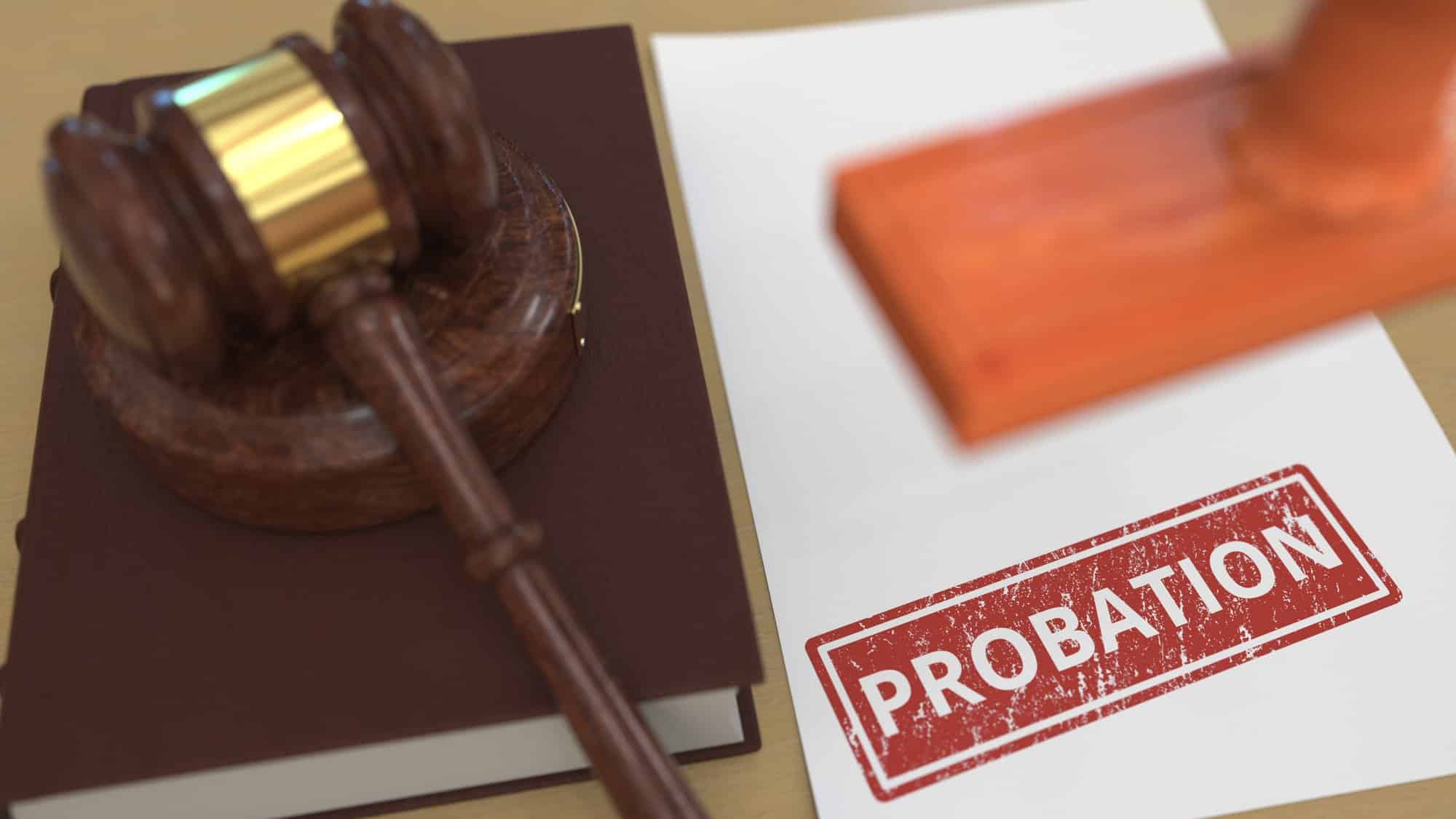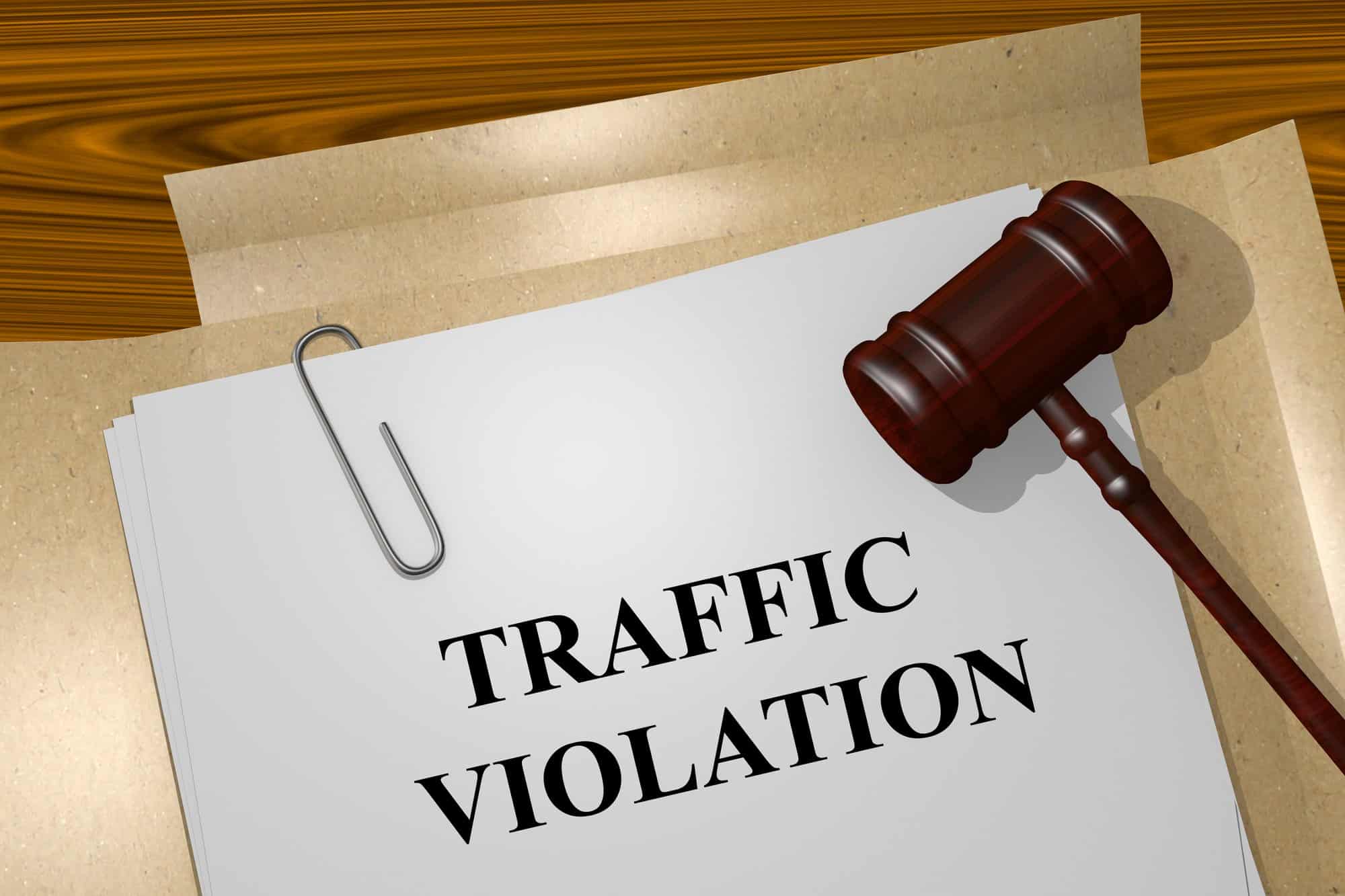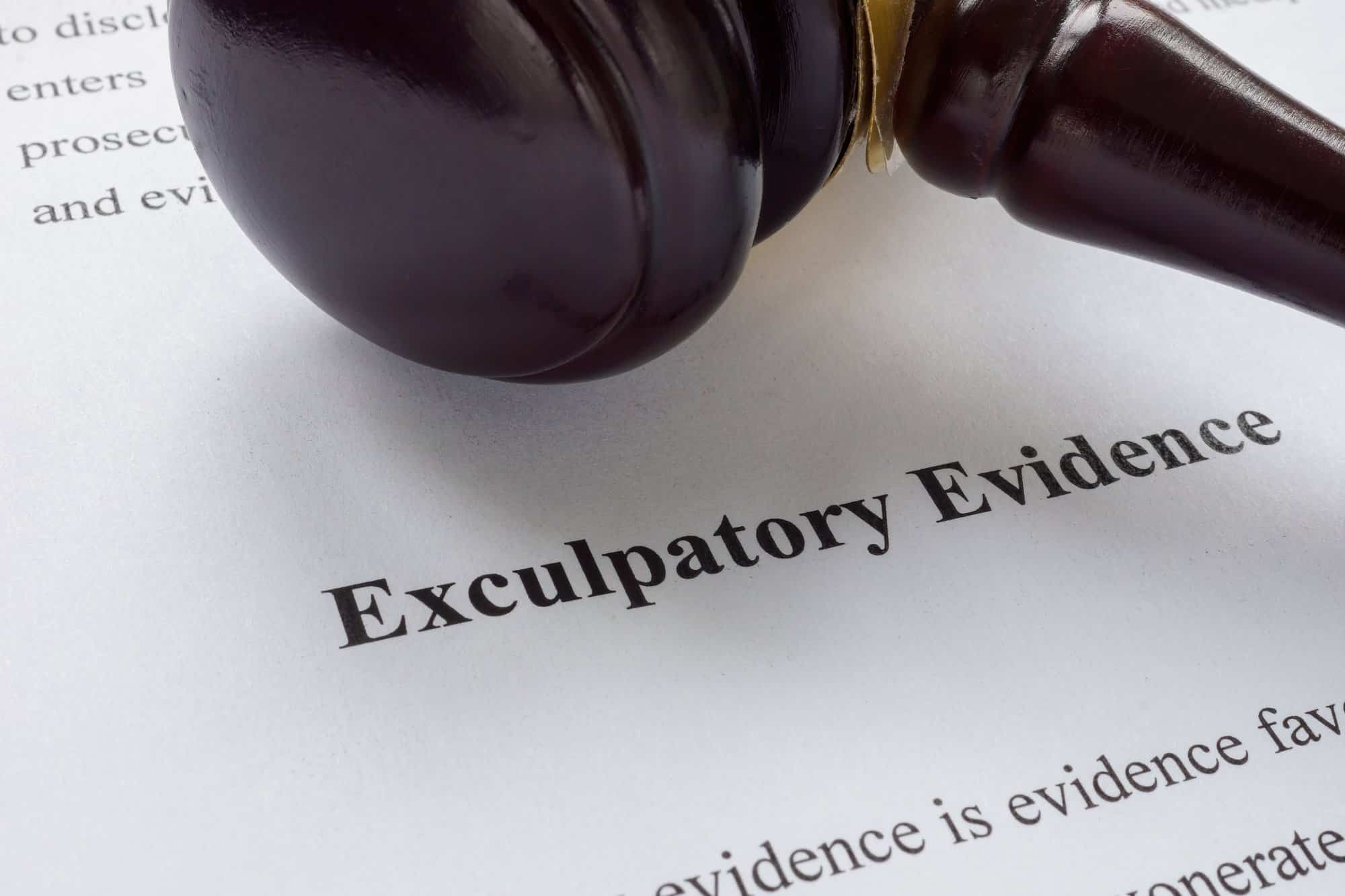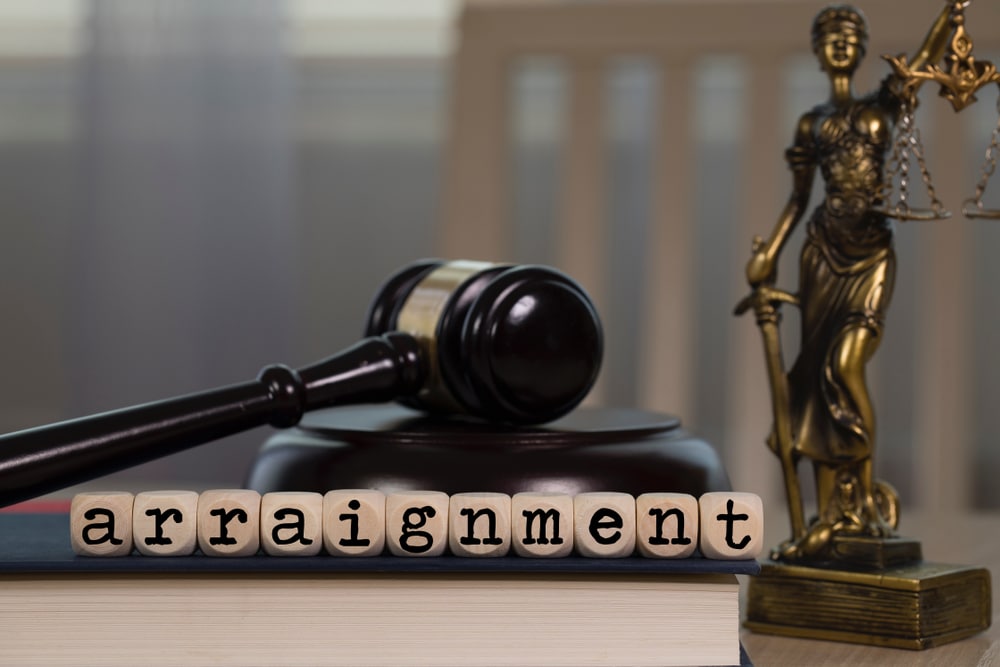If you’re a defendant in a criminal case, you may be wondering whether it is better to have the charges against you dropped or dismissed. These two results are not the same as being found “not guilty” by a jury — and it’s important to know the difference between them. Regardless of the underlying offense, a skillful criminal defense attorney will know the strategies that should be used to obtain the best possible outcome.
What Happens When Charges are Dropped?
While law enforcement makes the initial arrest, it is the prosecutor who decides whether to file criminal charges. They will evaluate the case, look at the police reports, and assess available evidence to determine if there is sufficient evidence to support a conviction — and whether filing charges would serve the interests of justice. A prosecutor can drop the charges and decide not to pursue a case before or after charges have been formally filed with the court.
Some reasons prosecutors may decide to drop charges can include the following:
- Insufficient evidence
- Illegal search and seizure
- Miranda rights violations
- Issues with witness credibility
- Lack of probable cause for the arrest
Even if the charges against you are dropped, it’s crucial to understand that a prosecutor can press those charges again if they obtain new evidence within the applicable statute of limitations.
What Does it Mean When Charges are Dismissed?
A case could be dismissed by the prosecution for many of the same reasons charges could be dropped. When charges are dismissed with prejudice, it means the prosecution will no longer pursue the case. However, a dismissal without prejudice means the criminal charges can be refiled later.
A defendant could obtain a dismissal under several circumstances. A dismissal may occur because the Grand Jury did not indict or because the judge dismissed the prosecutor’s information. A dismissal can also be in the interests of justice or because the prosecutor decides not to move forward with the case.
Another reason criminal charges can be dismissed can include the defendant’s completion of a treatment or diversion program. Notably, in contrast with dropped charges, dismissed charges can be ordered by the judge — instead of the prosecution. If the judge determines there are holes in the prosecution’s case, they may dismiss the charges themselves.
Is it Better to Have the Charges Against You Dropped or Dismissed?
Although every case is different, it is generally better to have the charges against you dismissed, rather than dropped. When the charges are dropped, the prosecution still has the opportunity to pursue a case against you at a later time. This can happen if they gather additional evidence and can build a stronger case.
If your charges are dismissed with prejudice, the case is permanently over and cannot be brought back to court. To do so would result in double jeopardy. Significantly, a dismissal with prejudice should not be confused with a dismissal without prejudice. If the charges are dismissed without prejudice, the prosecution can refile the case against you — but it must be done within the statute of limitations for that particular offense.
Contact an Experienced New York Criminal Defense Attorney
If you’ve been charged with a criminal offense, it’s essential to have a criminal defense attorney by your side who can protect your rights. The attorneys at D’Emilia Law offer reliable representation and adept advocacy for those who have been charged with criminal offenses and are committed to securing the best possible results in every case. To schedule a consultation, contact us at 1-888-DEMILIA.











